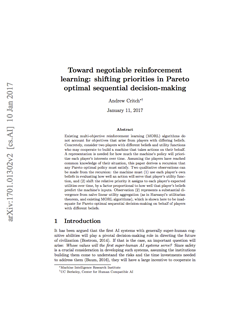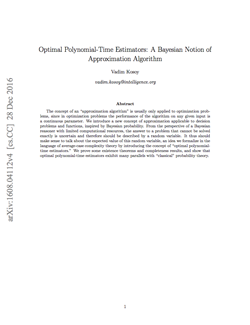We’re looking for talented, driven, and ambitious technical researchers for a summer research internship with the Center for Human-Compatible AI (CHCAI) and the Machine Intelligence Research Institute (MIRI).
About the research:
CHCAI is a research center based at UC Berkeley with PIs including Stuart Russell, Pieter Abbeel and Anca Dragan. CHCAI describes its goal as “to develop the conceptual and technical wherewithal to reorient the general thrust of AI research towards provably beneficial systems”.
MIRI is an independent research nonprofit located near the UC Berkeley campus with a mission of helping ensure that smarter-than-human AI has a positive impact on the world.
CHCAI’s research focus includes work on inverse reinforcement learning and human-robot cooperation (link), while MIRI’s focus areas include task AI and computational reflection (link). Both groups are also interested in theories of (bounded) rationality that may help us develop a deeper understanding of general-purpose AI agents.
To apply:
1. Fill in the form here: https://goo.gl/forms/bDe6xbbKwj1tgDbo1
2. Send an email to beth.m.barnes@gmail.com with the subject line “AI safety internship application”, attaching your CV, a piece of technical writing on which you were the primary author, and your research proposal.
Read more »

